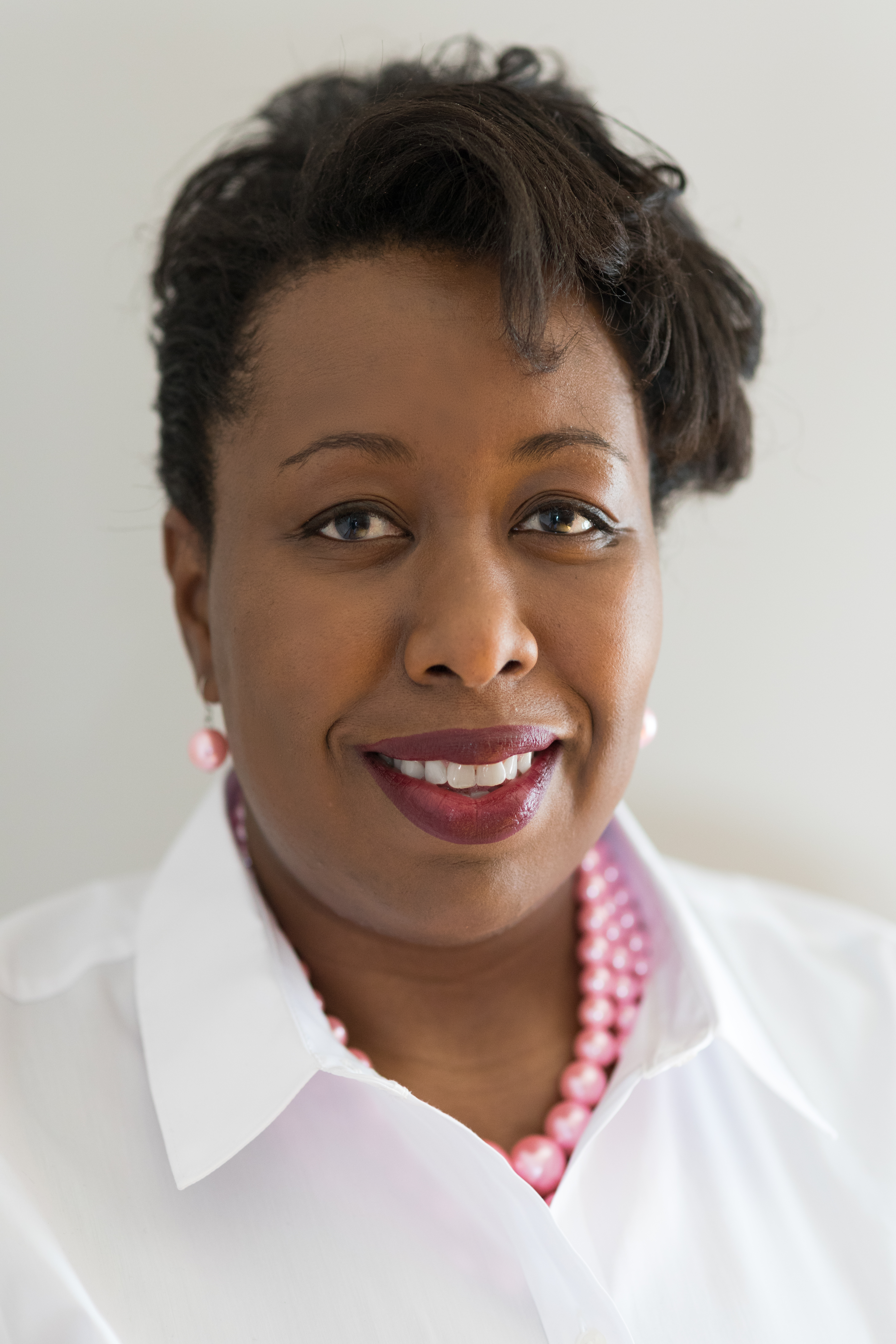Myles Appointed ARL Deputy Director
October 11, 2022
October 11, 2022
LaToya Myles has been appointed the permanent Deputy Director of NOAA’s Air Resources Laboratory effective September 23, 2022. Dr. Myles is the first woman and the first Black person to hold this position in ARL’s 74-year history.
ARL now has a permanent Director and Deputy, after Dr. Ariel Stein was appointed Director in May 2022. “Our ARL team members have confidence in LaToya,” said Ariel Stein, Director of the Air Resources Lab. Since the beginning of 2022, “She has led the Lab capably. She offers a fresh vision and has delved into new problems and opportunities for us to not only collaborate, but also improve our science and value to the public.”
Since January 2022, Dr. Myles has been Acting Deputy Director of ARL and led the 2022 Lab Review in March, alongside numerous other projects. NOAA and external partners have long recognized Dr. Myles not only for her leadership, but also for her research. Dr. Myles chairs the American Geophysical Union Honors and Recognition Committee for 2020-2023, which oversees AGU’s honors and recognition programs to ensure the program not only recognizes all constituencies but also evaluates strategies to improve the process and diversity of nominations.
Her atmospheric research focuses on the emission and deposition of gasses such as reactive nitrogen, and particles between the air and land in coastal and agricultural ecosystems. Reactive nitrogen, including gasses such as ammonia, are atmospheric components with a key role in the biogeochemical cycle. Nitrogen lost during the agriculture process can acidify natural and agricultural soils, air or freshwaters, which can damage ecosystems. Data collected from ecosystem studies is used to improve estimates of air pollution and provide information about the potential impact on human health and the environment.
She first joined the agency in 2001, through a fellowship with NOAA’s Educational Partnership Program with Minority Serving Institutions (EPP/MSI). Her doctoral research was conducted with ARL for a dissertation focusing on atmospheric deposition of pollutants and their impact on ecosystems, which has implications for both human and environmental health. Dr. Myles earned her Ph.D. through the NOAA Environmental Cooperative Science Center, now the Center for Coastal and Marine Ecosystems, at Florida A&M University in Tallahassee, Florida. Upon completion of her dissertation, Myles joined NOAA ATDD.

Dr. LaToya Myles
What would you like people to understand about your research?
Air chemistry is important to every human being. For most of us, breathing is an unconscious action; we don’t think about what is in the air that we breathe. That’s part of my job. I lead studies that investigate how pollutants travel through the boundary layer (e.g., the lowest level of the atmosphere) and how they affect human and environmental health. It’s important to understand these complex processes and maintain good air quality. After all, the atmosphere is a shared resource that doesn’t have boundaries or borders. Poor air quality in one location can affect communities and ecosystems elsewhere.
What advice would you give to young people and people of color who are looking to go into science?
My advice for anyone interested in science, particularly atmospheric and ocean sciences, is twofold. First, acknowledge that science touches each of us every day and second. We often think of science in an abstract way, but it is tangible and relevant for every community. Second, anyone can acquire the skills and knowledge to become a scientist or researcher. There are many experiences that can foster interest in science and provide enriching learning opportunities.
What is a valuable lesson you learned while working at NOAA?
I have learned many lessons thus far in my time at NOAA. One key lesson is that NOAA’s mission may be science, but its engine is people. Our organization benefits greatly from the different types of expertise. Administrative professionals, IT managers, technicians, engineers, and scientists work together to ensure that NOAA provides information and services that benefit our Nation.